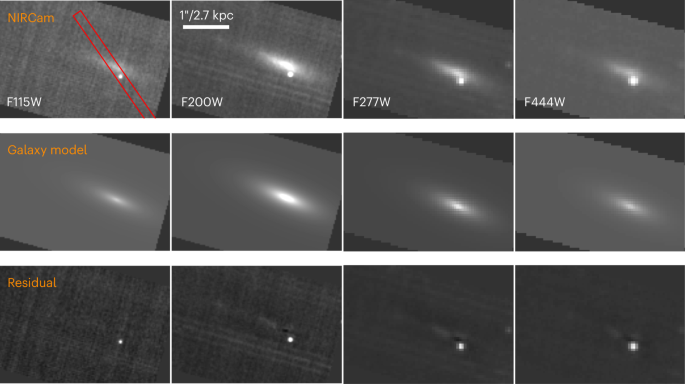2024-04-12 ペンシルベニア州立大学(PennState)
<関連情報>
- https://www.psu.edu/news/research/story/probiotic-feed-additive-boosts-growth-health-poultry-place-antibiotics/
- https://www.sciencedirect.com/science/article/pii/S0032579124001834
家禽の成長促進を目的とした抗生物質不使用の飼料添加物の調査:パフォーマンスと微生物叢への影響 Investigating antibiotic free feed additives for growth promotion in poultry: effects on performance and microbiota
Ana Fonseca, Sophia Kenney, Emily Van Syoc, Stephanie Bierly, Francisco Dini-Andreote, Justin Silverman, John Boney, Erika Ganda
Poultry Science Available online:4 March 2024
DOI:https://doi.org/10.1016/j.psj.2024.103604

ABSTRACT
The poultry industry is evolving towards antibiotic-free production to meet market demands and decelerate the increasing spread of the antimicrobial resistance. The growing need for antibiotic free products has challenged producers to decrease or completely stop using antimicrobials as feed supplements in broiler diet to improve feed efficiency, growth rate, and intestinal health. Natural feed additives (e.g., probiotics and phytobiotics) are promising alternatives to substitute antimicrobial growth promoters. The goal of our study was to characterize the effects of a Probiotic and an Essential Oils blend on broilers’ performance and perform a time-series analysis to describe their excreta microbiome. A total of 320 Cobb 500 (1-day-old) chicks were raised for 21 d in 32 randomly allocated cages. Treatments consisted of 4 experimental diets: a basal diet, and a basal diet mixed with an Antibiotic (bacitracin methylene disalicylate), an essential oils blend (oregano oil, rosemary, and red pepper), or a Probiotic (Bacillus subtilis). Body weight (on 1, 10, and 21d), and feed intake (10d and 21d) were recorded and feed conversion ratio was calculated. Droppings were collected daily (1–21d) to characterize broilers’ excreta microbiota by targeted sequencing of the bacterial 16S rRNA gene. The Probiotic significantly improved feed conversion ratio for starter phase 1 to 10d (P = 0.03), grower phase 10 to 21d (P = 0.05), and total period 1 to 21d (P = 0.01) compared to the Antibiotic. Feed supplements did not affect alpha diversity but did impact microbial beta diversity (P < 0.01). Age also impacted microbiome turnover as differences in alpha and beta diversity were detected. Furthermore, when compared to the basal diet, the probiotic and antibiotic significantly impacted relative abundance of Bifidobacterium (log2 fold change −1.44, P = 0.03), Intestinimonas (log2 fold change 0.560, P < 0.01) and Ligilactobacillus (log2 fold change −1.600, P < 0.01). Overall, Probiotic supplementation but not essential oils supplementation positively impacted broilers’ growth performance by directly causing directional shifts in broilers’ excreta microbiota structure.



